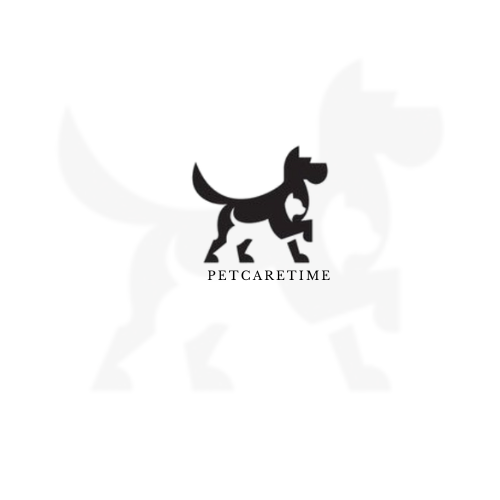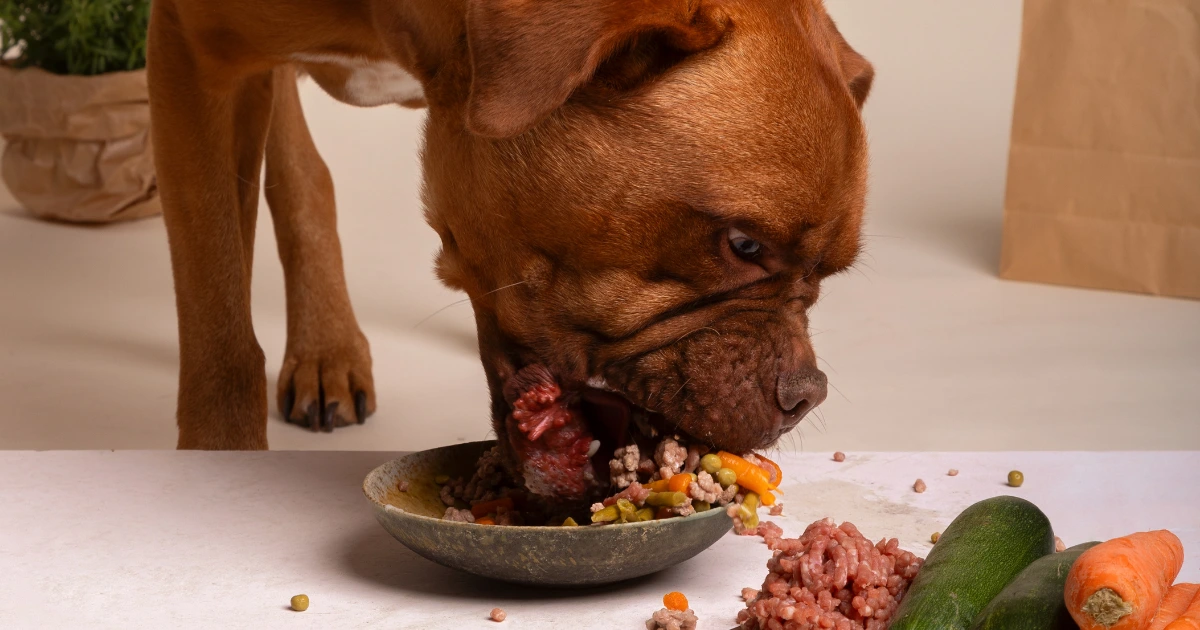Guar gum is a common ingredient in many commercial pet foods. It’s a soluble fiber derived from the seeds of the guar plant. But is guar gum safe for dogs? Guar Gum could be beneficial for one’s health, such as digestion, blood sugar, cholesterol levels, and weight maintenance. However, concerns exist regarding its effects on digestion for dogs.
What is Guar Gum?
The seeds of the guar plant, Cyamopsis tetragonoloba, which is mostly grown in India and Pakistan. They are used to make guar gum which is a natural thickening agent. A fine powder with exceptional water-absorbing and binding qualities is extracted from the seeds. Guar gum is widely used in various industries, such as food production, pharmaceuticals, and cosmetics.
Since it increases viscosity and solubility, guar gum is used in more than just pet food. It’s also used in gluten-free baking, dairy substitutes, and even some pharmaceuticals. But even with its many uses and adaptability, some pet owners are still worried about how it may affect the health and digestion of their dogs.
Guar beans are used to make guar gum, a natural thickening agent. It is frequently added to dry and wet pet food to enhance shelf stability, texture, and moisture retention. It helps bind ingredients together and create a pleasant consistency for dogs because of its capacity to form a gel-like consistency.

Is Guar Gum Safe for Dogs?
Guar gum is considered safe for dogs but only in small amounts. Regulatory agencies like the FDA designate it as a generally recognized safe (GRAS) ingredient because of its widespread use in both human and pet food. Guar gum, however, might cause gastrointestinal problems like gas, bloating, or loose stools if taken in excess.
Potential Benefits of Guar Gum for Dogs
- Digestive Health Support: Soluble fiber present in guar gum can promote gut health and facilitate digestion.
- Weight Management: Since it expands in the stomach, it can help dogs feel full. This phenomenon can reduce overeating.
- Improved Food Texture: It enhances the consistency of pet food, making it more appealing for picky eaters.
Potential Risks of Guar Gum in Dog Food
While guar gum is not inherently harmful, some dogs may be more sensitive to it than others. Possible concerns include:
- Gastrointestinal Upset: Overconsumption of guar gum might cause gas, diarrhea, or bloating in dogs with sensitive stomachs. Smaller breeds or dogs with underlying digestive disorders may exhibit these symptoms more intensely. Long-term exposure to excessive guar gum levels may cause discomfort and irregular bowel motions.
- Allergic Reactions: Guar gum is one of the few food additives to which certain dogs may be allergic or intolerant. Itching, skin irritation, excessive licking, or gastrointestinal trouble are all signs of an allergic reaction. An allergy test from a veterinarian might help in identifying the cause if you think your dog is having negative food reactions.
- Interference with Nutrient Absorption: Excessive guar gum might cause digestion issues. It can even affect the absorption of vital nutrients. Growing puppies, elderly dogs, or pets with underlying medical issues that call for the best possible nutrient intake may be at risk from this. Deficits brought on by excessive fiber intake can be avoided by making sure the diet is well-balanced and properly supervised by a veterinarian.
How to Choose the Right Dog Food
Is Guar Gum Safe for Dogs? It’s crucial to carefully review the ingredient list of commercial pet foods if your dog has a sensitive stomach. Some dogs may be more sensitive to food additives than others, even though guar gum is usually safe in modest doses. For pets who are prone to digestive upsets, choosing premium, minimally processed dog food made with natural ingredients might be a better option.
Watch for any symptoms of diarrhea, bloating, or changes in stool consistency that can point to intolerance. To find out if a diet change is required and to look into other options that better fit your dog’s unique nutritional requirements, speak with your veterinarian if you observe any digestive problems.
Final Verdict: Should You Avoid Guar Gum in Dog Food?
In moderation, guar gum is generally harmless for dogs and is not intrinsically harmful. Commercial pet diets frequently contain it, which aids in stabilizing and thickening the consistency of both wet and dry recipes. While many dogs can accept guar gum without any problems, some may have different sensitivity levels to food additives, and some may have digestive problems. A diet with fewer additives may be helpful if your dog regularly experiences gas, loose stools, or bloating. Additionally, some dogs may experience problems absorbing nutrients if they consume significant amounts of guar gum over an extended period.
To ensure your dog’s health and well-being, it is always best to consult with your veterinarian before making any dietary changes. They can help determine if guar gum or any other ingredient is causing digestive problems and suggest appropriate food choices based on your pet’s requirements. In short, “Is Guar Gum Safe for Dogs? ” then Yes! it is safe for dogs.









